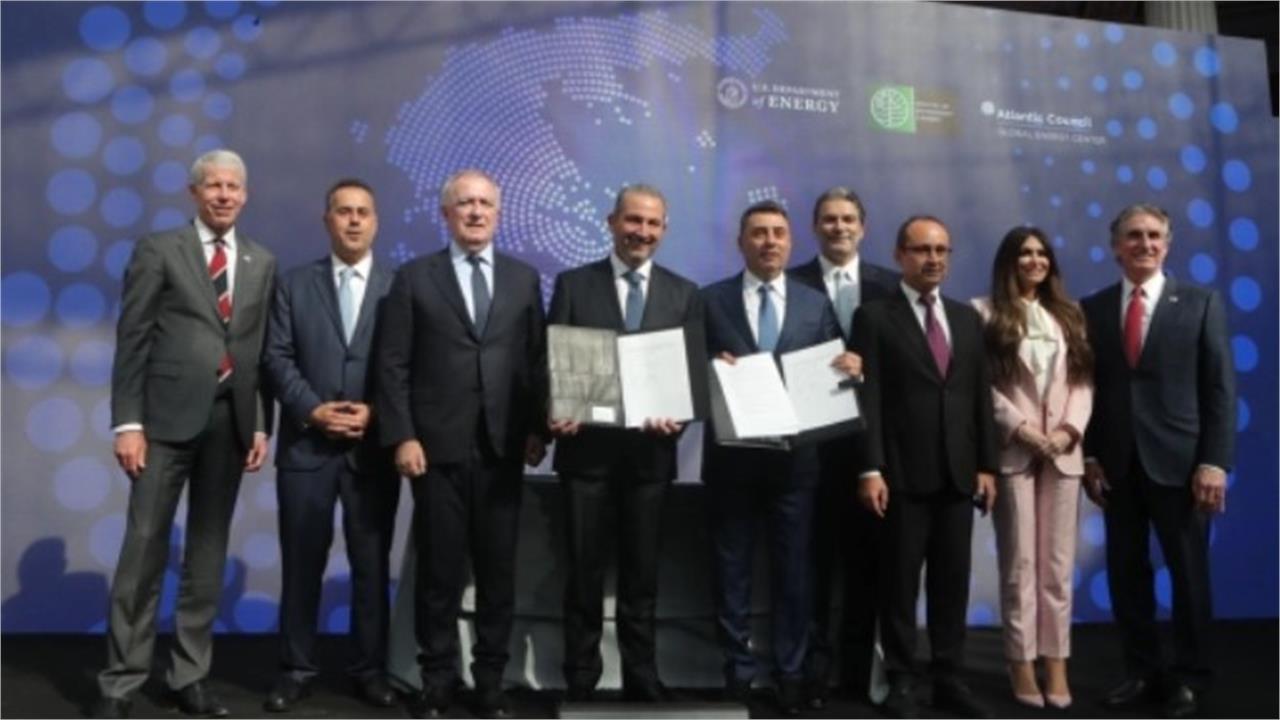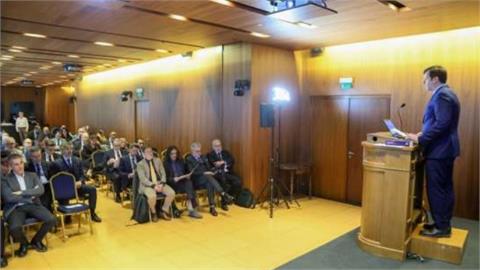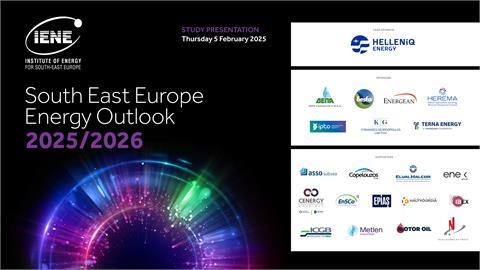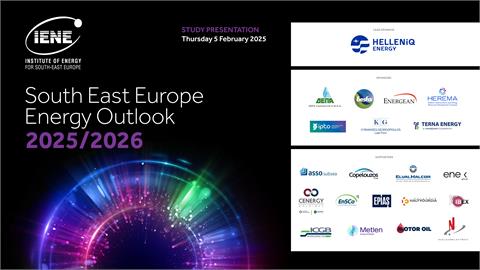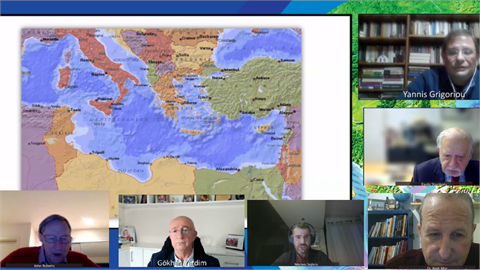Athens hosted the sixth Partnership for Transatlantic Energy Cooperation (P-TEC) ministerial on 6–7 November 2025, bringing together government ministers, senior U.S. officials, industry CEOs and finance leaders to focus on energy security, infrastructure and the transition in Southeast Europe and the wider Eastern Mediterranean. The two-day forum, held in central Athens at the Zappeion, was organised by the U.S. Department of Energy together with the Greek Ministry of Environment & Energy and the Atlantic Council’s Global Energy Center.
Delegates debated a compact agenda that blended immediate security priorities with longer-term decarbonisation pathways. Ministers and industry speakers underlined the need to ensure supply diversification and affordability for Europe while simultaneously scaling up investments in renewables, hydrogen and carbon-management technologies (CCUS). Sessions examined the role of Greece and the wider region as an energy gateway for transatlantic supplies, infrastructure bottlenecks (ports, LNG terminals, interconnectors) and the financing and regulatory reforms required to accelerate projects. The 3+1 ministers’ format, Greece, the United States, Israel and Cyprus, resurfaced as a vehicle for practical cooperation on regional infrastructure and maritime energy links.
While P-TEC’s primary role is diplomatic and strategic, Athens saw a number of concrete commercial and cooperative moves. One of the most notable announcements was the formation of a joint venture involving ExxonMobil, Energean and Helleniq Energy for offshore gas exploration in the Ionian Sea — a deal presented by Greek officials as evidence of renewed investor momentum in Greek upstream potential. Alongside that headline move, the conference provided a platform for a series of memoranda of understanding and framework agreements between regional firms and international partners on upstream collaboration, CCUS pilots and feasibility studies for storage and fuel-switch projects. Delegates also reported progress on cross-border electricity balancing studies and proposals to accelerate LNG and interconnector development in the Balkans.
P-TEC attracted a broad cross-section of the transatlantic energy community: more than 400 participants from over two dozen countries, including energy ministers, senior U.S. officials (a sizeable U.S. delegation attended), CEOs from major oil and gas and utility groups, and representatives of multilateral development banks and investors. U.S. Energy Secretary Chris Wright featured prominently on the programme and spoke alongside Greek leaders; Prime Minister Kyriakos Mitsotakis and Greek Energy Minister Stavros Papastavrou addressed delegates on Greece’s strategic role in regional energy security. Energy ministers from Albania, North Macedonia, Cyprus and Israel were present for bilateral and multilateral meetings, and the summit also hosted sectoral gatherings, for example, a high-level meeting between U.S. officials and Greek shipowners on maritime energy logistics.
Speeches and panels struck a pragmatic tone: policymakers repeatedly stressed that Europe will need a mix of reliable fuels and accelerated clean-energy deployment during the transition. Greek officials framed P-TEC as a diplomatic success that showcased Athens as an operational hub for energy diplomacy and a practical entry point for transatlantic investment into Southeast Europe. Observers noted that while important deals were struck, many agreements are initial frameworks or joint studies useful steps, but still a beginning rather than an immediate pipeline of projects.
Organisers and attendees left Athens with renewed momentum and a clear mandate: turn political commitment into bankable projects through faster permitting, tighter regional coordination and targeted financing. P-TEC 2025 underlined that the intersection of geopolitics and energy economics will continue to drive cooperation in the Eastern Mediterranean and the Balkans and that Athens intends to remain firmly in the middle of that conversation.
